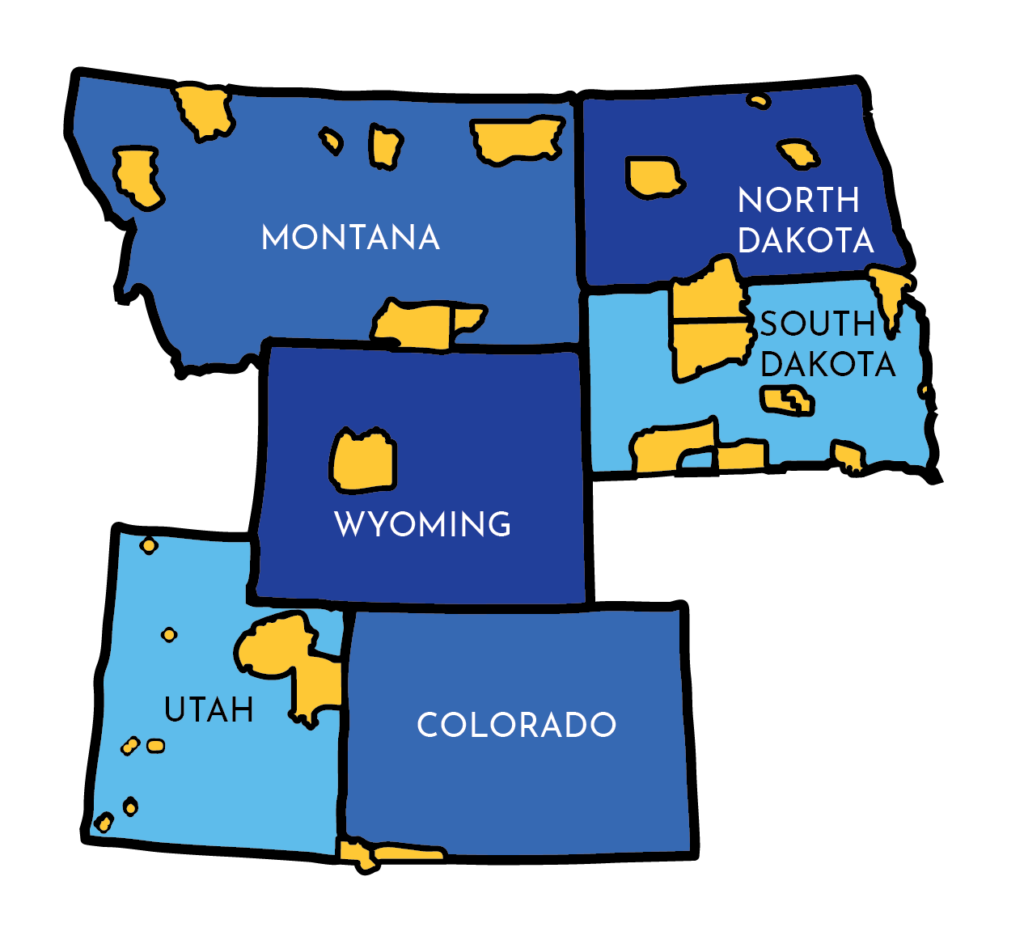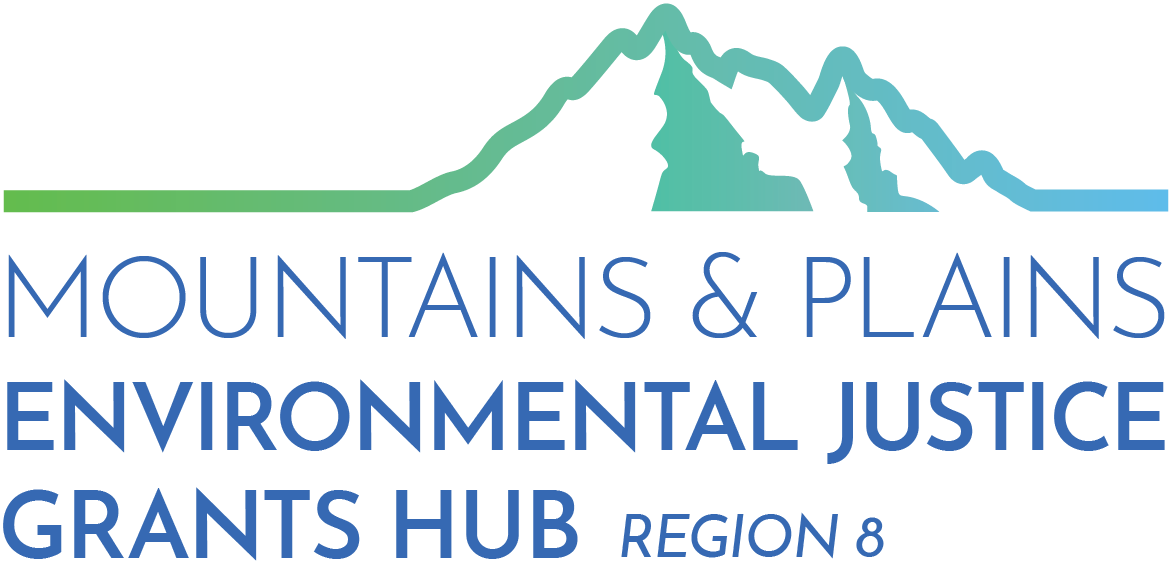Application
1
Identify the Subgrant Tier(s) you intend to submit a letter of intent/concept note or application to apply for a Thriving Communities Grant (TCG).
Tier 1: Assessment: 1 year project, up to $150,000
Tier 2: Planning: 1-2 year project, up to $250,000
Tier 3: Development: 2 year project, up to $350,000
Non-competitive: 1 year assessment project, up to $75,000 subawards provided to severely capacity-constrained organizations (Tier 1 only)

2
Eligible Region 8 Thriving Community Subgrant Recipients
![]() Nonprofit organizations
Nonprofit organizations
![]() Community-based and grassroots nonprofit organizations
Community-based and grassroots nonprofit organizations
![]() Philanthropic and civic organizations with nonprofit status
Philanthropic and civic organizations with nonprofit status
![]() Tribal governments (both federally recognized and state-recognized) and intertribal consortia (i.e., a partnership between two or more tribes that work together to achieve a common objective)
Tribal governments (both federally recognized and state-recognized) and intertribal consortia (i.e., a partnership between two or more tribes that work together to achieve a common objective)
![]() Native American organizations (includes Indian groups, cooperatives, nonprofit corporations, partnerships, and associations that have the authority to enter into legally binding agreements)
Native American organizations (includes Indian groups, cooperatives, nonprofit corporations, partnerships, and associations that have the authority to enter into legally binding agreements)
![]() Institutions of higher education (e.g., private and public universities and colleges, including community colleges)
Institutions of higher education (e.g., private and public universities and colleges, including community colleges)
![]() Local governments (as defined by 2 CFR 200.1 – includes cities, towns, municipalities, and counties, public housing authorities and councils of government)
Local governments (as defined by 2 CFR 200.1 – includes cities, towns, municipalities, and counties, public housing authorities and councils of government)
There are additional eligibility criteria for the non-competitive subgrants. For more information, visit the non-competitive subgrants page.
![]() Individuals
Individuals
![]() State governments (some local entities funded through the state may be excluded from this category—please reach out to the lead Grantmaker for more guidance).
State governments (some local entities funded through the state may be excluded from this category—please reach out to the lead Grantmaker for more guidance).
![]() For profit businesses: unless EPA’s Award Official makes an exception based on factors such as those described in Appendix A of EPA’s Subaward Policy
For profit businesses: unless EPA’s Award Official makes an exception based on factors such as those described in Appendix A of EPA’s Subaward Policy

3
Confirm that your project is located in one of the following:
Colorado
Montana
North Dakota
South Dakota
Utah
Wyoming
28 federally recognized tribal nations within EPA Region 8

4
Confirm that your project location benefits a community of focus.
Proposed projects must benefit “communities of focus.” For the sake of this project, “communities of focus” are defined as underserved and under-resourced communities as identified by this map. Note: The EPA EJ Screen is currently offline and we are using a different platform to display the same data in its absence.
If you have questions about whether your project benefits a community of focus, as defined by the map, or if your community is not reflected in the map please contact us at mapejgrants@jsi.com

Good to know
Entities must have an active Unique Entity Identifier (UEI) number to receive grant funds. If your organization does not have a UEI, you can still apply for a grant but should start the SAM.gov process as soon as possible as it can take over a month.
The Environmental Protection Network (EPN) is offering SAM.gov registration office hours every two weeks on Wednesday from 12-1pm MST. EPN staff will help you begin, continue, or finish up your registration process. As a reminder, federal funding applicants must have an active SAM.gov and Grants.gov registration in order to apply.
To sign up and get the Zoom link, go to tinyurl.com/EPNSAM. Please email davina.resto@environmentalprotectionnetwork.org with any questions.
Ready to Apply?
We encourage you to preview the questions for the competitive application or non-competitive application before beginning your application in the online portal.
Applications can be saved and returned to at a later time. For any application questions, you can contact us at mapejgrants@jsi.com.
Questions?
Interested in applying but need help? Email mapejgrants@jsi.com for quick answers or to request a meeting.
